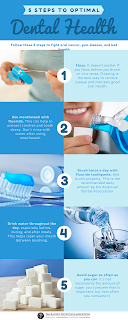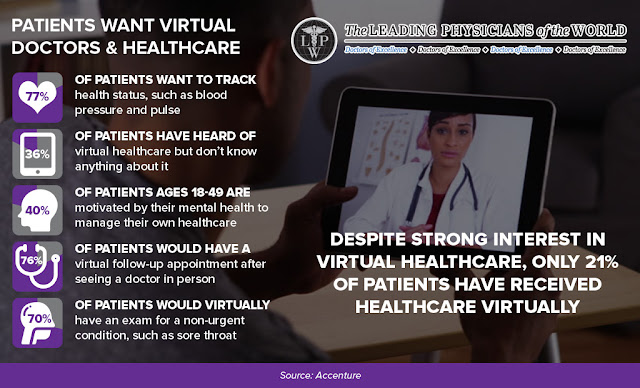Tea and Coffee

Coffee and tea not only provide cozy morning rituals and boosts of energy during midday slumps; these hot drinks have also been long acknowledged for their medicinalproperties, which primarily come from the caffeine and antioxidants found in coffee beans and tea leaves. While coffee is higher in both caffeine and antioxidants than tea, you can drink more tea throughout the day to gain equal health benefits. When it comes to coffee, some of the health benefits come from the caffeine, some from the antioxidant properties, and there are likely benefits from other constituents of coffee as well. According to researchers at Harvard University, the main health benefits of tea stem from the catechins and epicatechins, two types of polyphenols antioxidants contained in tea leaves. The caffeine in tea also offers some health benefits. Don’t disregard herbal and decaf teas and decaf coffee, which are caffeine-free but also provide ...

